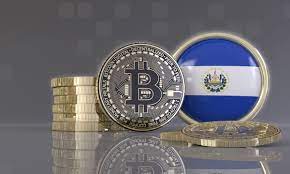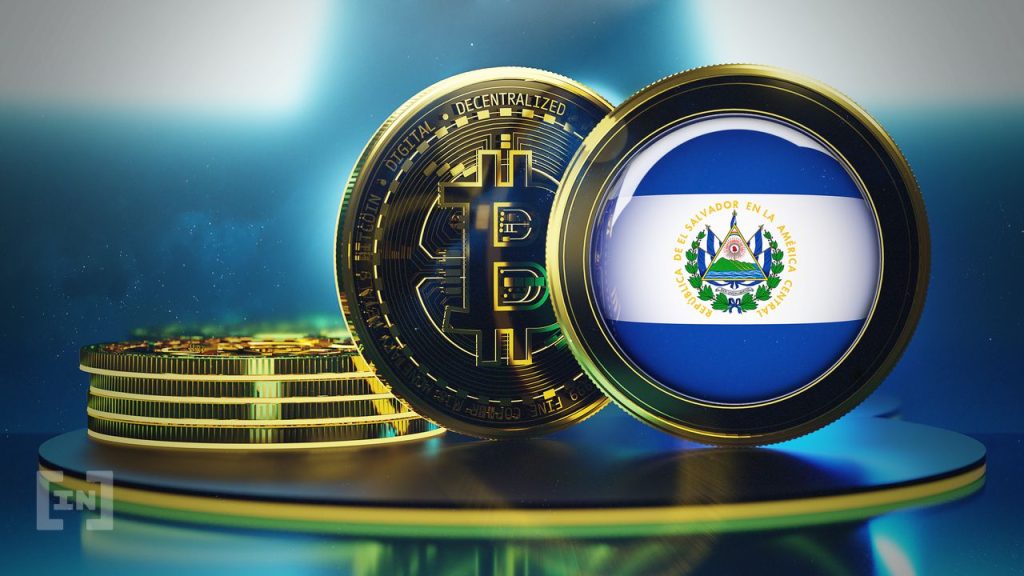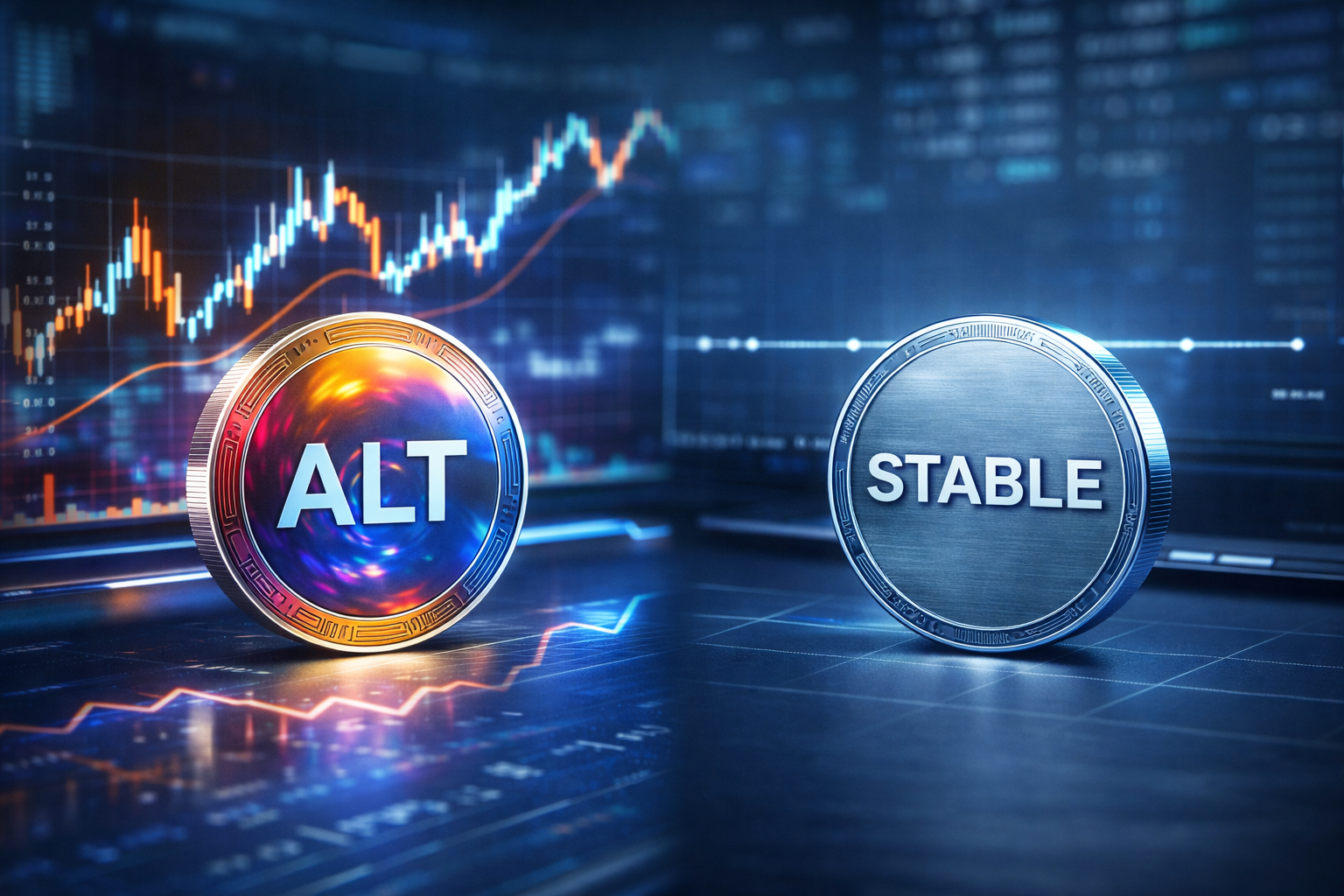
James Carter
El Salvador Bitcoin Adoption Worries US Senators-What’s Happening?

Concern has raised among American lawmakers in response to El Salvador’s decision to recognize Bitcoin as form of legal cash. These senators have requested a risk study on the potential impacts. This decision could have on bilateral economic relations and law enforcement cooperation.
Senators Jim Risch of the US have been working together to submit a bill in States Department. States Department will compile a report on Bitcoin use in El Salvador.
El Salvador Bitcoin Adoption Worries US Senators
The Accountability for Cryptocurrency in El Salvador Act, which stands for ACES, was first proposed in February of last year.
Legislators in the United States have requested an assessment of the implications that El Salvador’s use of Bitcoin could have for the country’s level of online security, economic stability, and democratic government.
Risch voiced alarm about the ramifications of El Salvador’s intention to embrace Bitcoin as legal cash in a blog post written for the Foreign Relations Committee. He said that it could erode economic and financial stability. The blog of the Foreign Relations Committee published Risch’s comments. He added:
“Given the United States’ interest in promoting prosperity and transparency in Central America, we must seek greater clarity on how the adoption of Bitcoin as legal tender may impact El Salvador’s financial and economic stability, as well as El Salvador’s capacity to effectively combat money laundering and illicit finances,”

The Central American nations of El Salvador is doubling down on its bitcoin strategy.
In 2021, El Salvador made history by becoming the first government worldwide to recognise Bitcoin as a valid form of currency.
Since then, the government of the country has kept up its support for Bitcoin, with President Nayib Bukele purchasing significant sums of the cryptocurrency.
Bukele even made the announcement in the middle of November that he would start buying one Bitcoin every single day beginning on November 18.
It is estimated that the nation currently possesses approximately 2,381 BTC, which has a value of approximately $65 million and was purchased for an average price of $43,357
The experiment that Bukele conducted with Bitcoin has been lauded by those involved in the cryptocurrency space, while institutions such as the World Bank and the International Monetary Fund have found fault with it.
El Salvador recently welcomed Saifedean Ammous, a notable economist and author of “The Bitcoin Standard,” as an economic counselor to its National Bitcoin Office (ONBTC), an agency that administers all matters relating to cryptocurrencies in the country.
President Nayib Bukele of El Salvador
Late in 2022, President Nayib Bukele of El Salvador, noted for his support of Bitcoin, collaborated with Max Keiser and Stacy Herbert to establish the country’s first National Bitcoin Office.
In the meantime, there has been conflicting reports regarding the use of Bitcoin in the small Central American nation, with some indicating that the currency has been reluctant to gain widespread acceptance.
The government’s numbers indicate that cryptocurrency contributes less than 2% of the total amount of money sent to El Salvador.
A significant portion of the country’s GDP comes from money sent back by Salvadorans working outside of their own country.
In point of fact, the government claimed that BTC would provide more options and a better degree of convenience for individuals who are sending and receiving remittances for the very same reason.
Even further, the nation has introduced a specialized app for Bitcoin, which was primarily developed with the intention of easing the process of sending Bitcoin from abroad. But information from the previous year revealed that only two out of every ten consumers who initially downloaded the app continue to use it.
Latest
Bitcoin
21 Feb 2026
Bitcoin
13 Feb 2026
Bitcoin
07 Feb 2026
Bitcoin
05 Feb 2026
Bitcoin
03 Feb 2026












